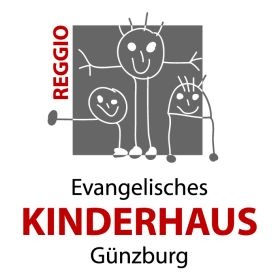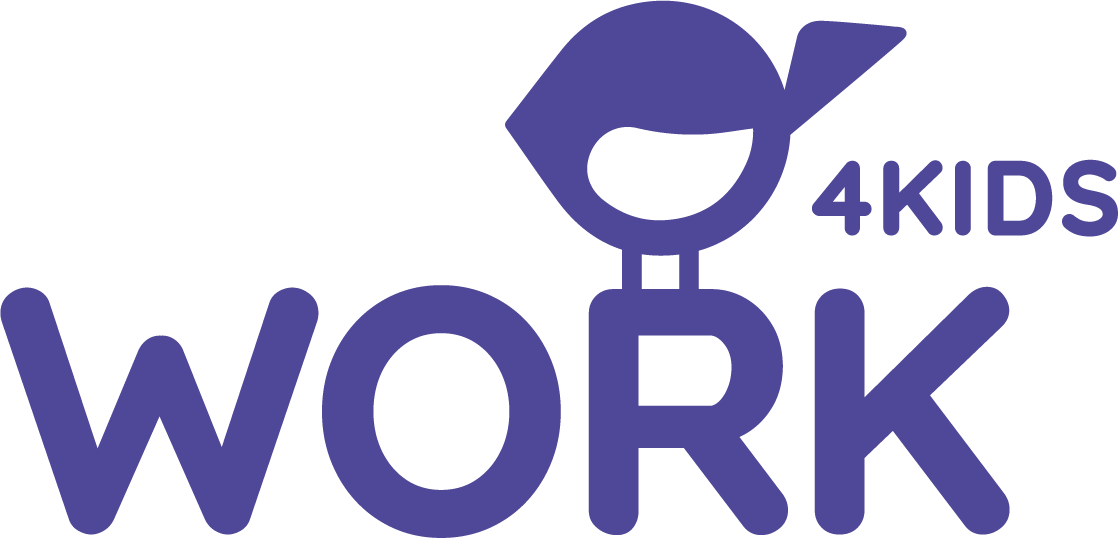Rooms
Our rooms
In the morning, the kindergarten children are greeted at the reception desk and can then choose one of the various functional areas.
In the age-homogeneous main groups, the kindergarten children come together for the discussion circles. Here your child has the opportunity to get involved and participate and to learn and play together with children of the same age.
The youngest kindergarten children
In the group of the youngest kindergarten children, children who already have day nursery experience and children who are attending an educational centre for the first time come together. They are all experiencing a transition and need different amounts of time and individual support.
In the role-play area, equipped with a dressing-up and doll corner, a children's kitchen or a shop, the children have the opportunity to play out situations they are familiar with from their family environment and slip into different roles. This enables them to build increasingly secure relationships with each other, gain independence and confidence and try out different conflict resolution strategies.
In the mini-studio, the explorers can familiarise themselves with different materials and tools. Sensory experience, playful experimentation and exploration are the top priorities here.
Construction room
The children have already gained a lot of experience at the centre. As the children become more independent, their friendships become stronger and their interests change. We respond to this change in needs by moving to a new functional room together. This developmentally appropriate room addresses the interest in building and constructing, developing and planning.
The room offers a variety of materials such as building blocks, tubes, tyres, platforms, an overhead projector for shadow play, architect's paper, etc.
Research and experimentation, written language and maths
The older children are increasingly aware of their role as researchers and want to find out how things work and how the world is connected. They move into their new functional room, which is science-inspired in the last year of kindergarten. Various microscopes and USB cameras in the researcher's meeting place, a magic laboratory equipped according to interests and topics, a reading and writing workshop and a maths oasis are now among the new challenges in this functional room.
The studio
In addition, the 4-6 year olds can also express their creativity and inventiveness in the studio. Two- and three-dimensional works of art are created in the studio, children work with clay or sew on the sewing machine.
The garden
Our outdoor area is freely accessible to the children every day. We have largely dispensed with traditional play equipment and favoured natural play situations. A bamboo jungle, for example, provides the opportunity to build secret hiding places or a slope on which the children can climb and slide.
The gym
Every morning there are two gym sessions, which five children from each group can join. In the gym, they have the opportunity to play various movement games, play with different materials such as newspapers, cardboard boxes or balls and gain new movement experiences or face new challenges at set-up movement construction sites.
The role play area
There is another role-play area on the lower floor. Here the children can dress up and slip into different roles.
Light and shadow
Various light objects and light tables are available in the bedroom. These invite children to experiment with light and shadow in a quiet atmosphere. The materials can be used to create unique colour and light effects that stimulate the imagination and creativity and encourage the children to explore and marvel.




